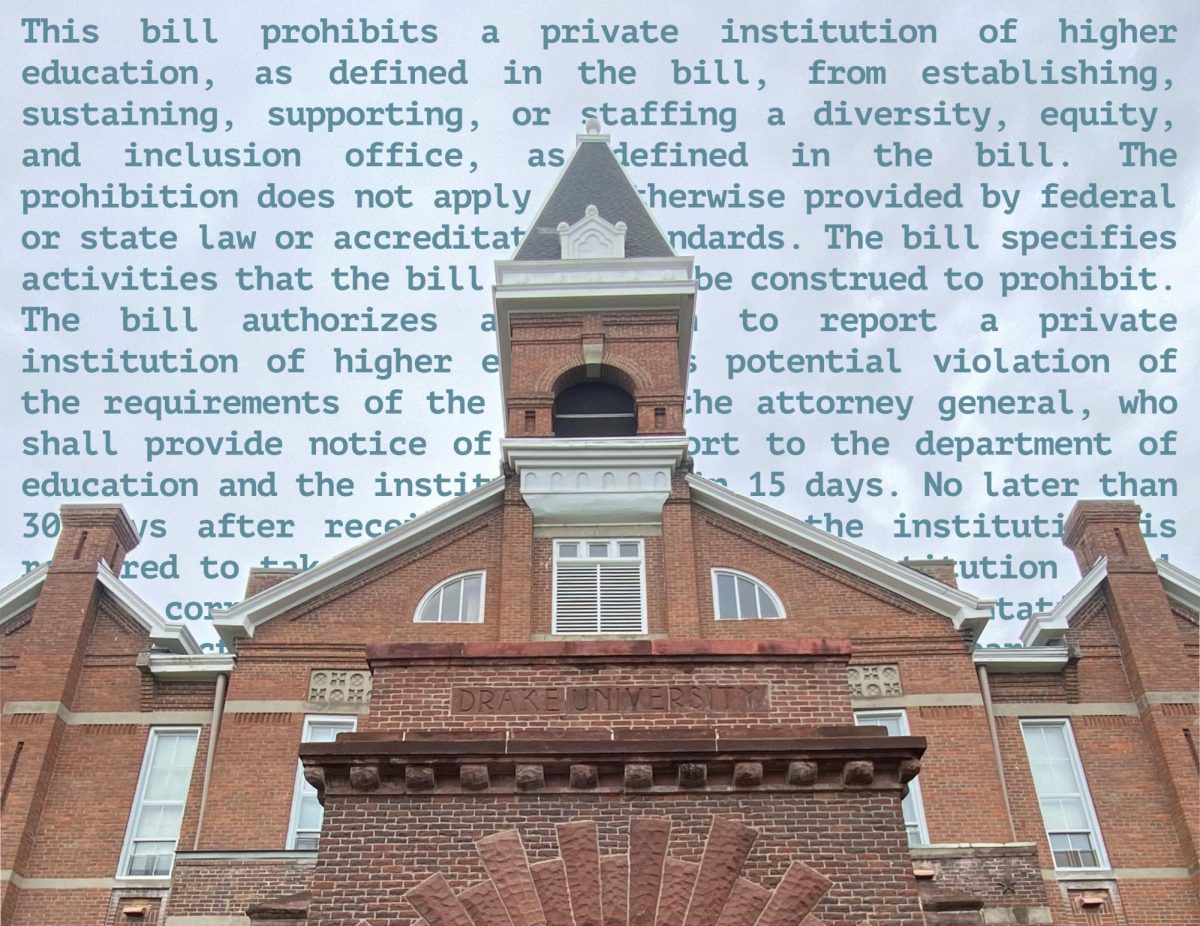ONLINE EXCLUSIVE BY JOHN WINGERT
Although many thought Jeb Bush would have a difficult time proceeding to his dynasty’s coronation, the current state of the GOP instead indicates that he may be usurped entirely.
Jeb Bush had long held that he was playing to win a general election, but he is quickly learning that the pre-primary season is a harrowing ordeal for moderates. However, his more moderate positions are not the only targets of attack by his opponents. Jeb Bush has made numerous gaffes that not only alienate some primary and caucus voters but also undermine his support in a general election.
The long train of excuses and frustrations began shortly after his announcement on June 15th. Bush’s entrance into the race was hotly anticipated, since he had a large share of the insider connections, the largest money-making apparatus, and a moderate political platform. What was less certain, however, was the role of dynasty. Certainly the Bush family was responsible for a number of the inroads he made in the republican establishment, but his father and brother did not leave office at their most popular and could stain his image.
Choosing to go by “Jeb!” instead of associating himself with a last name, Bush’s campaign seemed poised to win the general election and quickly took the lead in almost every national poll, competing only with Scott Walker.
However, by July, Bush began to falter. On July 8th, he said, “My aspiration for the country, and I believe we can achieve it, is 4 percent growth as far as the eye can see. Which means we have to be a lot more productive, workforce participation has to rise from its all-time modern lows. It means that people need to work longer hours.” Bush later sought to clarify that he meant that underemployed workers should have the chance to get better jobs and more hours, but the damage was done. Negative rebuttals and Clinton-led attacks streamed toward the leading frontrunner, despite his justifications about workforce participation. The idea that Americans were not working hard enough was toxic.
Only a month later, on August 8th, Bush encountered a similar issue. In another unforced error from a meeting of Southern Baptists in Nashville, Bush said, “I’m not sure we need a half a billion dollars for women’s health programs.” Although this was also in the context of larger discussions about defunding Planned Parenthood, Bush seemed to concede that that funding would not go away from abortions but instead go away from women’s health initiatives. This was also quickly grasped by opponents, including even Donald Trump.
After Donald Trump had long supplanted him as the Republican poll-leader, Jeb Bush was forced to talk about Trump’s immigration proposals. Bush not only continued to refer to children of immigrants as “anchor babies,” but he also lashed out at a reporter in New Hampshire when questioned about his usage of the term.
By the time of this incident on August 20th, Bush was supposed to be making inroads with the Latino community, because he was bilingual and married a Latina wife, but the use of these sorts of dismissive, simplistic, or even insulting terms were seen to be almost as despicable as Trump among more moderate voters.
About a month later, Jeb Bush’s gaffe-prone speaking style returned. At an event in South Carolina, Bush was asked about how he would attract African American votes in the general election. In a response that seemed to be delivered with decisiveness, Bush said, “Our message is one of hope and aspiration. It isn’t one of division and get in line and we’ll take care of you with free stuff. Our message is one that is uplifting — that says you can achieve earned success.”
The comment obviously implied that the main political promise that attracts African Americans, or has in the past, is offering “free stuff.” The subtext that they do not currently want “earned success” remains troubling.
The most recent Bush unforced error has been his comments about the Umpqua Community College shooting in Oregon. In response to a question about whether or not to legislate after a traumatic event like this, Jeb Bush said, “Look, stuff happens and the impulse is always to do something, and it’s not necessarily the right thing to do.”
Although Bush may have a point about not letting emotional gut-reactions guide policy, the flippancy with which he regards the events in Oregon as “stuff happening” seemed disrespectful to many observers.
One of the main themes throughout these comments is Bush’s equivocating. Whenever a statement produces a backlash, Bush quickly clarifies it or more often retracts his phrasing entirely. While this strategy to his gaffe magnetism has only led to declining polling figures, Trump’s reckless maintenance of his absurd ideas has only led him up and up the ladder of candidates.
Not only that, but Bush has shifted his strategy to look more like Trump. In recent townhall meetings across Iowa, Bush emphasized his disrupting power as governor of Florida. Calling upon the same appeal that has drawn voters to Trump, Carson, and Fiorina, Bush has tried to portray his gubernatorial history as one of an outsider entering a system and disrupting it with strict conservative principles. He even mimicked Trump’s campaign slogan, “Make America Great Again,” by ending his speech with “restore America’s greatness again.”
Despite coming from one of the most storied political dynasties, Bush has tried to appeal to some anti-establishment, authenticity-loving elements by promising to “disrupt the status quo in Washington.” In Oskaloosa and Ames, he emphasized his ability to defund Planned Parenthood in Florida and be a “doer” in a field of “talkers.”
The disrupting governor title and doer versus talker rhetoric was characteristic of Scott Walker’s campaign while he was still in the race. When speaking about affirmative action, Bush talked extensively not only about his idea of diminishing affirmative action programs, but he also spoke about his experience in accomplishing them.
Since Bush has resorted to this already-failed argument style, that spelled doom for Scott Walker, it does not look good for his campaign. Although the outsider angle seems to have the potential to succeed, because it has worked so well for Trump, Carson, and Fiorina, Bush is forsaking his niche in the establishment to make headway among anti-establishment voters which allows room for Rubio or Kasich to claim the niche Bush forsakes.
His campaign has the money and organization to last for a long while, but without significant adjustments in its course, Bush’s campaign seems destined to flounder.







A. Hick • Oct 11, 2015 at 10:37 pm
JEB! Bush is running because it’s “his turn,” and it’s expected of him. Which may or may not make him a happy man, but he appears to be trying to buy his way into the White House without the ruthless type of dark operatives his father and brother had, and with disastrous results so far. For different reasons, and in different ways, he is just as unfit for the office as his brother was.
One thing to take away from all this is that no Bush (at least since probably Prescott’s father) has ever achieved much of anything on their own, and certainly no Bush ever won high elective office on their own merits. Poppy got where he got through grandfather George H. Walker and father Prescott’s banking connections, which set him up in business in Texas, and his oil related activities provided an opportunity for him to run front businesses for the CIA, and then enter government. He never would have achieved national elective office without Reagan choosing him as his running mate, and Lee Atwater then electing him. He didn’t do so well without Atwater in 1992.
It goes without saying that W. was made president solely because of his father’s name and connections, and Karl Rove (and to a lessor extend Dick Cheney, who then ran the country after Rove and the Republicans on the Supreme Court put them in office).
Now JEB! seems to think he can actually win something on his own. It’s not going to happen. America is NOT going to make the Bush mistake again. JEB!, despite his own money and the monied people supporting him, is one Bush too many, a day late, and a dollar short.